 Why do we yawn? Dogs and cats make us yawn. We even yawn in the womb.
Why do we yawn? Dogs and cats make us yawn. We even yawn in the womb.
The first yawn of the day is usually when we awake to stretch our intercostal muscles surrounding our lungs to bring in more oxygen. Many of us recognise yawning as a sign of tiredness or boredom yet we also yawn before that important job interview. We contagiously yawn when our pets yawn and because we are empathetic towards another yawning human being. We even yawn in the womb.
As a member of the International Association for Research on Yawning, I have presented at the first international conference of neuroscientists and neurologists on yawning in Paris in 2010. Since then, I have been conducting research into this intriguing area and proposed the Thompson Cortisol Hypothesis (1;2) to explain why the naturally produced stress hormone cortisol is released during yawning – a phenomenon never reported before.
Recently, I was delighted to be invited by the prestigious New Scientist to write a piece about this curiosity that affects all of us (3) and have received so much international interest that it has encouraged me to continue this pursuit with a view to its medical application.
I am also a member of the International Scientific Committee on Research into Multiple Sclerosis (MS) which is particularly relevant to yawning as people with MS often include fatigue and excessive yawning in their reported symptoms. Meeting in Paris recently with international collaborators from Paris X Ouest University and the French Multiple Sclerosis Society, I am conducting research into induced fatigue and MS and how these variables affect cortisol levels.
It is hoped this may point towards the development of a new diagnostic tool for the early diagnosis of MS using cortisol as a biomarker.
References
- Thompson SBN. The dawn of the yawn: is yawning a warning? Linking neurological disorders. Medical Hypotheses 2010;75:630-633;doi:10.1016/j.mehy.2010.08.002.
- Thompson SBN. 2011. Born to yawn? Cortisol linked to yawning: a new hypothesis. Medical Hypotheses 2011;77:861-862;doi: 10.1016/j.mehy.2011.07.056.
- Thompson SBN. This will make you yawn. New Scientist 2014;224(3000/3001):38-39.
- Inset photo: Pynq Thompson, aged 28 days old.
Contact: simont@bournemouth.ac.uk
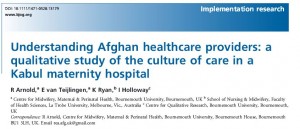


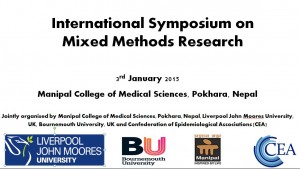

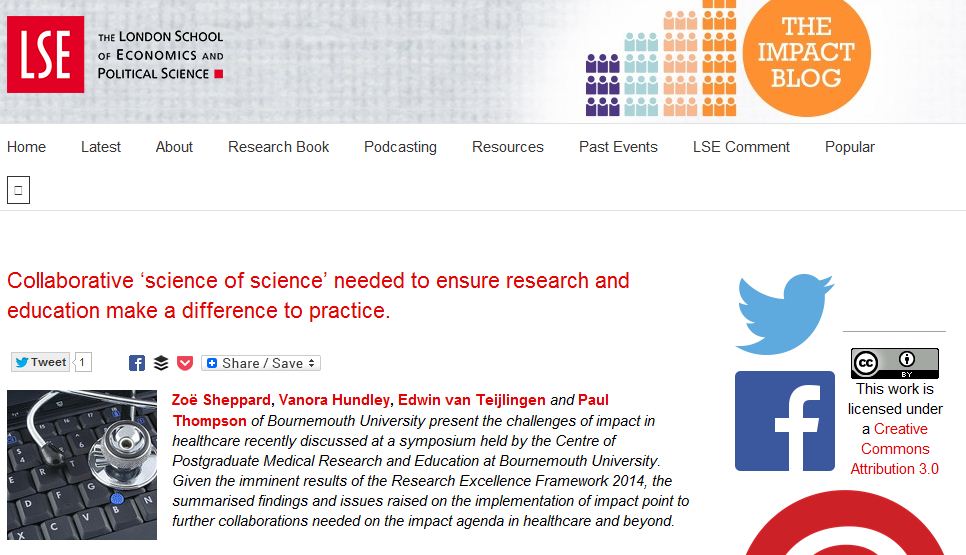


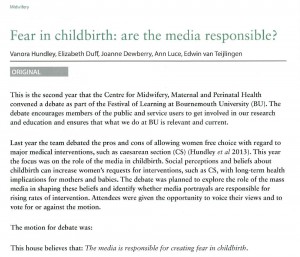
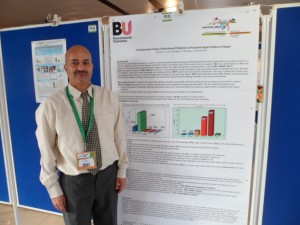
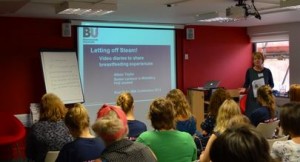
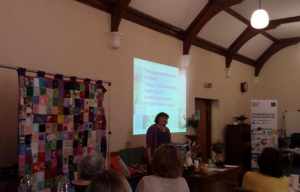

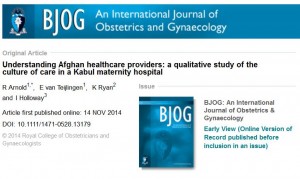
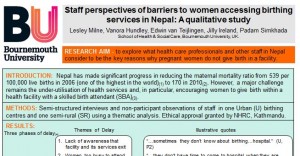
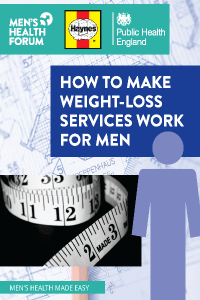
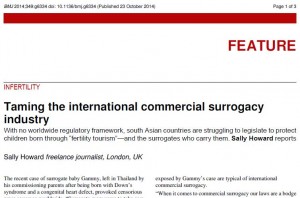











 BU Research Conference 2024: Powerful partnerships – book your place
BU Research Conference 2024: Powerful partnerships – book your place TechFusion Summit – i3 Simulations (9th -10th May 2024)
TechFusion Summit – i3 Simulations (9th -10th May 2024) TANGERINE project has lift off with BPC Indian Community!
TANGERINE project has lift off with BPC Indian Community! Apply for up to £1,000 to deliver an event and take part in a national festival of public engagement with research
Apply for up to £1,000 to deliver an event and take part in a national festival of public engagement with research MSCA Postdoctoral Fellowships 2024
MSCA Postdoctoral Fellowships 2024 Horizon Europe News – December 2023
Horizon Europe News – December 2023